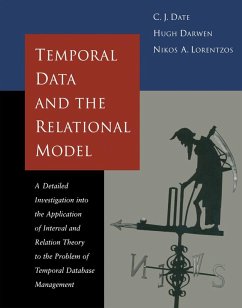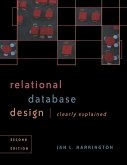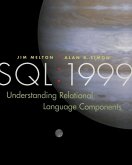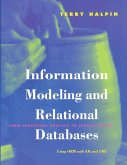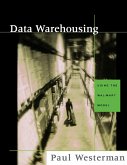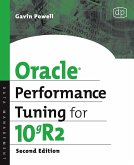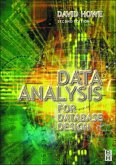This book is arranged in three parts and a set of appendixes:
* Preliminaries: Provides a detailed review of the relational model, and an overview of the Tutorial D language.
* Laying the Foundations: Explains basic temporal data problems and introduces fundamental constructs and operators for addressing those problems.
* Building on the Foundations: Applies the material of the previous part to issues of temporal database design, temporal constraints, temporal query and update, and much more.
* Appendixes: Include annotated references and bibliography, implementation considerations, and other topics.
Key features:
* Describes a truly relational approach to the temporal data problem.
* Addresses implementation as well as model issues.
* Covers recent research on new database design techniques, a new normal form, new relational operators, new update operators, a new approach to the problem of "granularity," support for "cyclic point types," and other matters.
* Includes review questions and exercises in every chapter.
* Suitable for both reference and tutorial purposes.
Dieser Download kann aus rechtlichen Gründen nur mit Rechnungsadresse in A, B, BG, CY, CZ, D, DK, EW, E, FIN, F, GR, HR, H, IRL, I, LT, L, LR, M, NL, PL, P, R, S, SLO, SK ausgeliefert werden.

